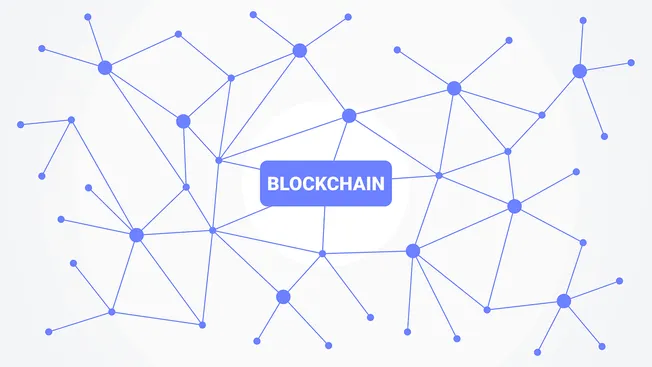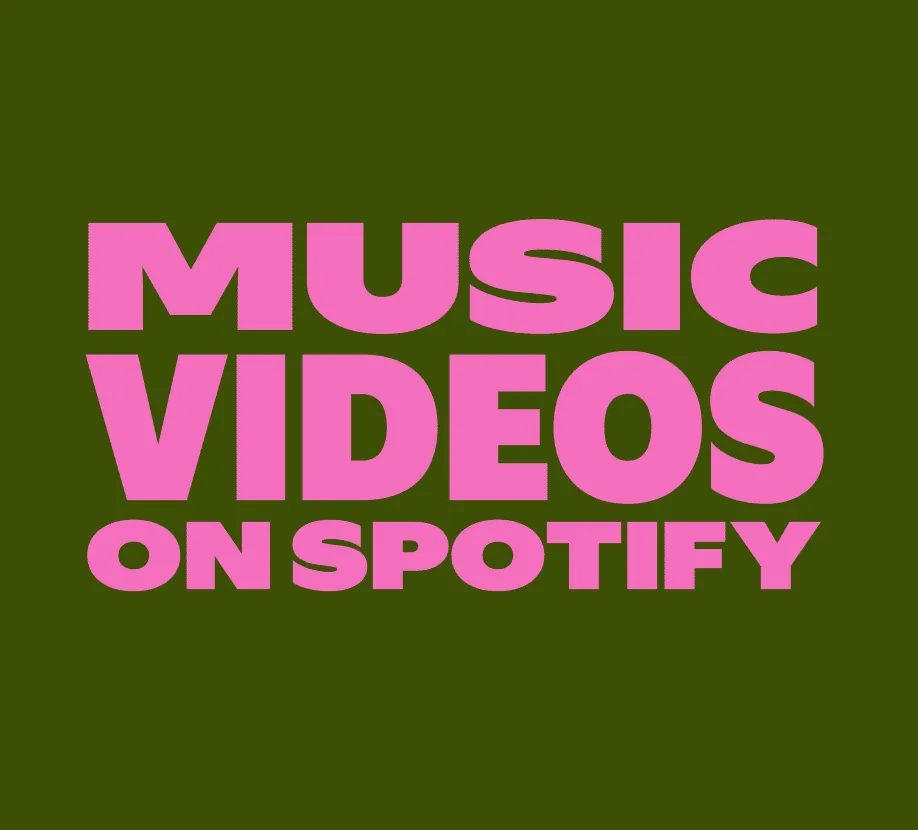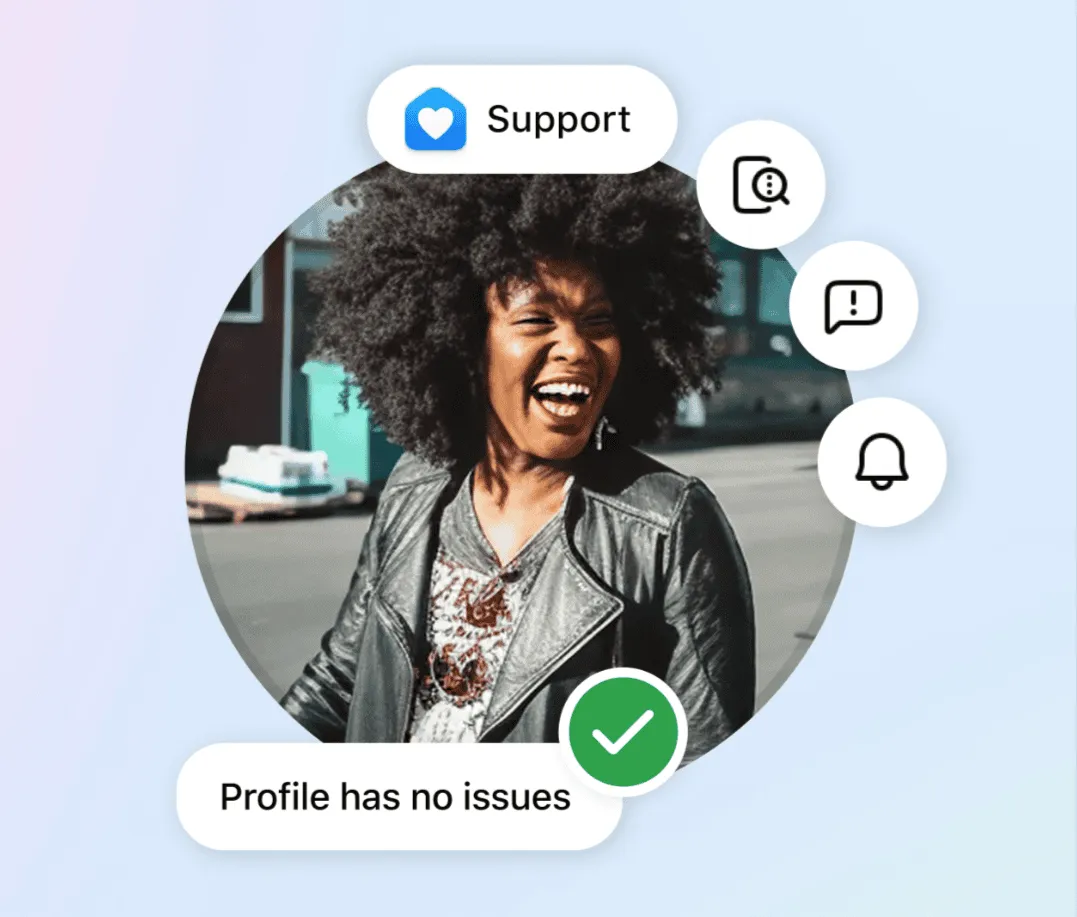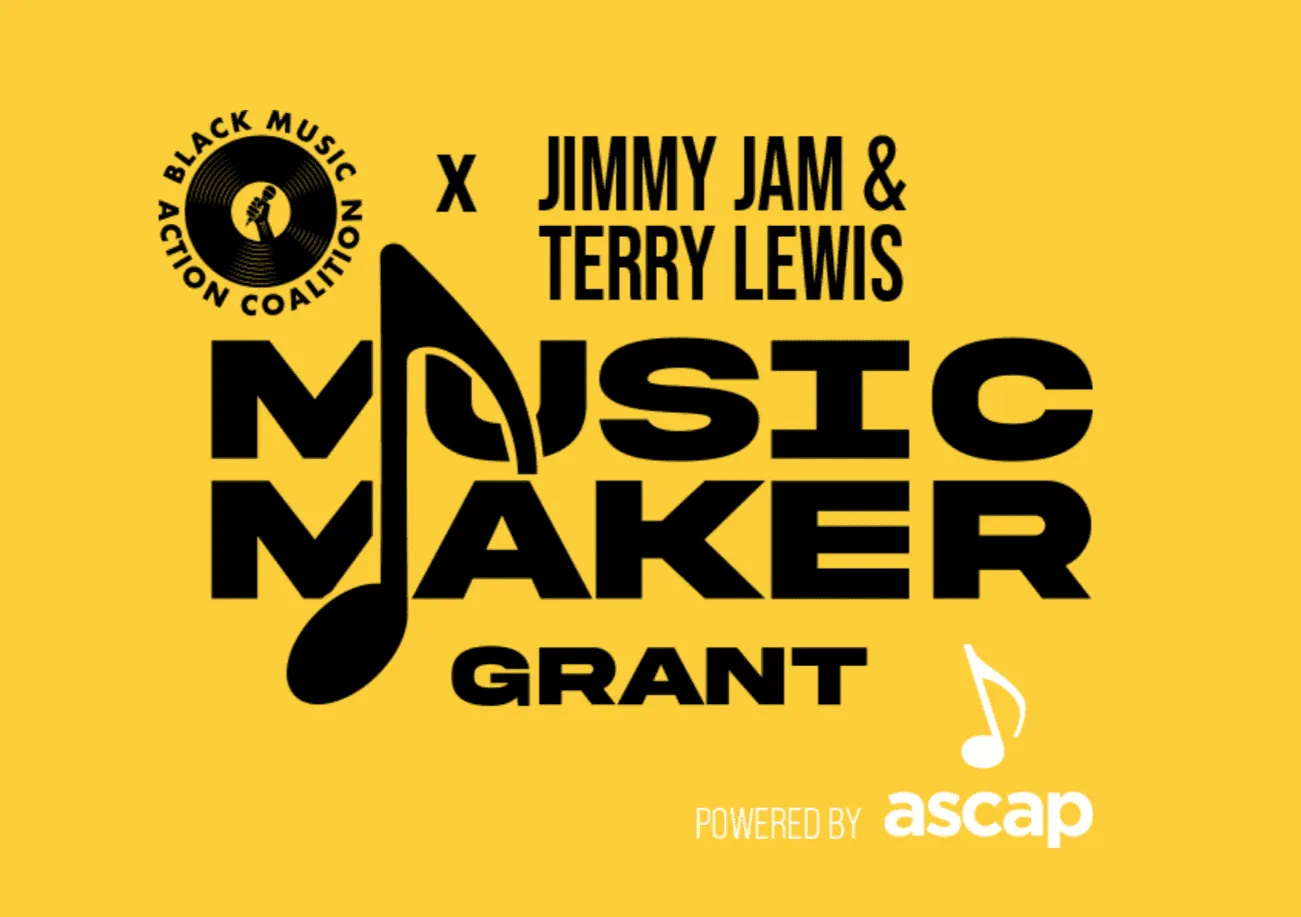Zach Badger of crypto ecosystem Privi explores the history of the broken artist compensation model and how decentralization might finally repair it.
By Zach Badger, Co-CEO & Co-Founder of Privi, a crypto ecosystem built for the creator economy
During the 80s and 90s, when music had not yet been digitized and music videos were only beginning to find their way, a little-known cable channel called MTV launched on August 1st, 1981. Four years later, its sister company, VH1 launched on the airwaves, branded as an urban version of MTV.
VH1 was many things — ‘hip and cool’ was generally not one of them. But it did crank out an amazing series called “VH1 — Behind the Music”, focused on music’s biggest stars, past and present, and humanizing them in a way that didn’t exist at the time.
On April 18th, 1999 — VH1’s Behind the Music aired an episode on popular R&B group, TLC. TLC released their ultra-successful album CrazySexyCool on November 18th, 1994. It quickly went 12 times platinum (that’s 12 million album sales) and TLC became the first girl group ever to be ‘Certified Diamond’ by the Recording Industry Association of America.
Despite the massive success of this record, less than one year later, TLC filed for bankruptcy — astounding given that their album sales were still riding high on the Billboard 100. One of the group’s most outspoken members, Lisa “Left Eye” Lopes, elegantly explained how this could happen, in what would have been a viral clip had TikTok existed in the ‘90s.
Lisa basically explained that TLC received $0.56 per album sale. After additional industry-related fees, taxes, and splitting the earnings three ways (amongst the trio), there wasn’t much left for the group members.
TLC became a poster child of how financially little music artists actually see from their music sales, after the record labels, promoters, management, and other third parties have had their cut. Now in 2021, the times have changed and the way music is consumed has evolved — but sadly, the story of TLC is still common for creatives in the music industry.
Streaming Royalties and the Starving Artist — Today’s Musicians Work in a Broken Business Model
Fast forward to today, and in which the music consumption model is amazing — for the end consumer. And for the tech company behind it. What it’s not amazing for is all of the musicians out there, pouring their sweat, blood, and tears into a craft that, in the end, gives very little back to them financially.
Just how bad is it? $0.0043 cents.
That’s how much Spotify pays an artist every time someone streams their song in the app.
YouTube? Forget it, it’s even worse, with the average pay per view hovering at approximately $0.0005 cents (that’s 1/20th of one penny).
With these numbers, it should be no surprise that your average creator is not going to be able to make a living out of their content. In fact, with the world’s average salary hovering around $1,480 USD per month, an artist would have to have over 344,000 streams per month to meet this level or almost 3 million views of their YouTube video per month. Hardly reasonable for the average creator and aspiring performer.
Meanwhile, Spotify reported 2020 revenues exceeding €7.8B EUR, while YouTube reported equally impressive figures, with revenues close to $7B USD for the most recent year.
While Wall Street celebrates the continued growth and financial strength of these companies, the content creators powering the platform can barely eke out a sustainable living through the platform.
Other Disadvantages of Powerful, Centralized Platforms
Adding further fuel to the fire, musicians today are limited by the kind of organic interactions that would be beneficial between themselves and their fans. Spotify streams music — but doesn’t allow for much else (not even a comments section!). Instead, the artist currently needs to have a multi-platform strategy to achieve an end-to-end experience for the fan:
- Spotify for music streaming
- YouTube for music videos, pre-recorded fan Q&As, commentary
- Facebook/Instagram/Twitter/Tik Tok for more organic fan interactions
- Musician website for official latest news, updates, concerts
- Ticketmaster for concert ticket distribution
- 3rd party website for merch (t-shirts, mugs, posters, etc…)
Despite how hard the artist works on these disaggregated applications, they will never be able to create a truly streamlined community experience for their fans — who are scattered across platforms.
And if that isn’t enough, remember that virtually every platform is taking their own cut of an artist’s sales through that platform. For example, booking platforms can charge 10% for booking fees, on top of other costs. In the end, while the musician is possibly taking in more money, their financial payoffs may be eroded by the platforms they rely on.
As these platforms continue to adjust the rules to their benefit, we see creator frustration at a tipping point. But what if there was a solution that could bring this together in one place?
How Web 3.0 is Changing the Game
For those not familiar, we are currently living in the world of Web 2.0. This current version of the internet gave us the ability to have online social networks, and which gave rise to popular platforms like Facebook, Snapchat, Instagram, YouTube, and TikTok. However, the growth of these social platforms also resulted in a ‘centralization’ of the internet.
Many of the world’s most successful companies in the 21st century have achieved this because of the amount of dependency and reliance that people have on their platform (after all, where else are you going to distribute your music if you don’t use Spotify or YouTube?).
In the world of Web 3.0, we will continue to see online social experiences, but they will occur in a decentralized manner, deleveraging the leverage that powerful Web 2.0 companies have on individuals today.
This puts the power back into the hands of the people, and in the case of music, their creators and their fans. This will be done through the use of blockchain technologies — which provide the foundation for a decentralized web — benefitting both artists and their communities.
Decentralization will empower artists, bring them closer to their fans, and allow them to single-handedly control multiple revenue streams.
What Does This Actually Mean For Musicians?
Simply put — it means most of the financial injustices and lack of control faced by musicians of decades past will be resolved. Creators (musicians, influencers, artists, creators, or otherwise) can use a decentralized autonomous organization (DAO) to create customizable communities which are self-governed, driving a completely different type of online experience that exists today.
Creators can create their own communities, mint their own social tokens & NFTS, and get straight to work on creating a truly direct experience with their fans where all parties can benefit.
- Have 1–1 direct interactions with their communities (without the interference or greedy hands of a third party platform),
- Create and mint their own social tokens and sell directly to the fan community, which will then transact entirely with those tokens within the community
- Stream & gate digital media directly to their user base
- Reward their most loyal fans and community members
More importantly, this empowers creators to have full control over their content creation lifecycle. Wherein a creator can take an idea from pen to paper, pre-fund it, look for community support, and even create pay-gates to access previews of the content, helping to create a level of exclusivity and scarcity that will leave fans salivating to be the first to see what it is.
The future is here, and creators are ready to own their own ecosystem, where they, their fans, and their wallets, have never been more connected.
Zach Badger is co-CEO & Co-Founder of Privi. He brings nearly a decade of direct sales to the Privi team, including extensive experience in business development and partnerships in Silicon Valley. Zach attended IESE Business School (The Economist #1 International MBA) in Barcelona pursuing his MBA. Connect with Zach and Privi on Linkedin and Twitter.





